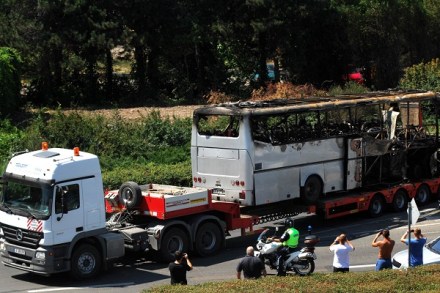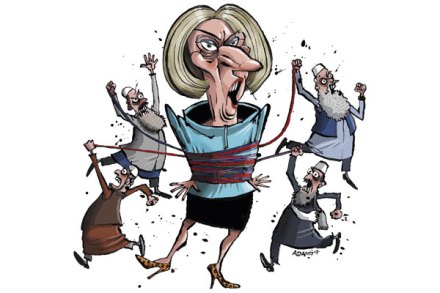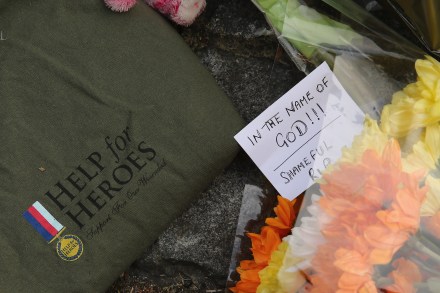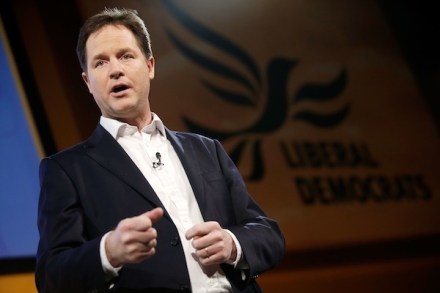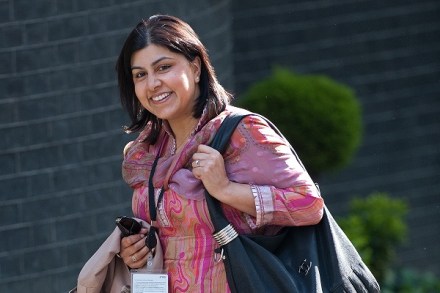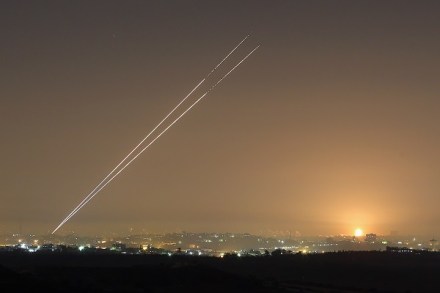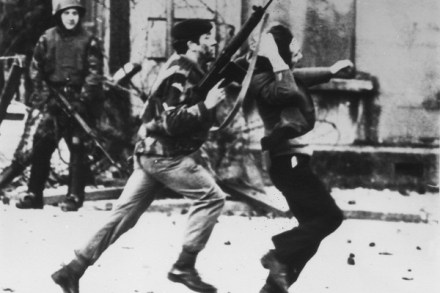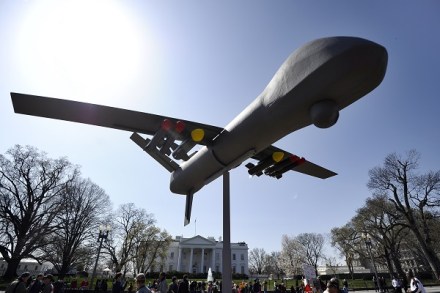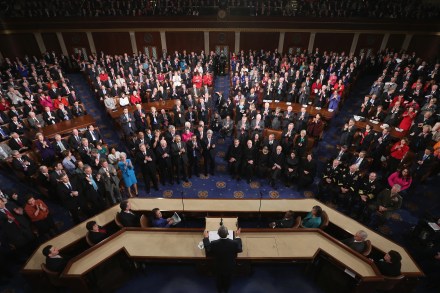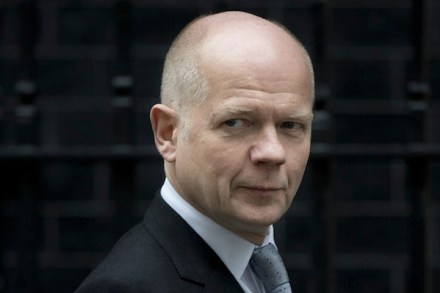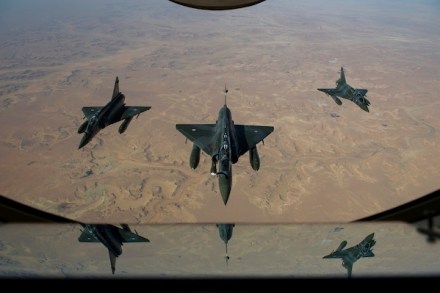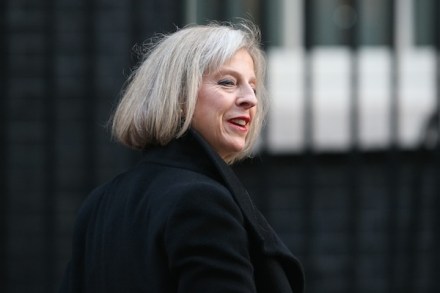Mehdi Hasan and the EDL
At the weekend I was on the BBC TV programme Sunday Morning Live. We discussed pilgrimages and the ethics of the banking industry. But the first debate was the most heated. It was titled, ‘Are Muslims being demonised?’ The Huffington Post’s UK political director, Mehdi Hasan, claimed that Muslims are indeed being demonised. For my part I argued that while there are serious reasons – principally terrorism and murder – to be concerned about some strands of Islam, those who would tar all Muslims with the brush of the extremists are doing something very wrong. I thought it an interesting and lively discussion. However at the very end Mehdi Hasan



